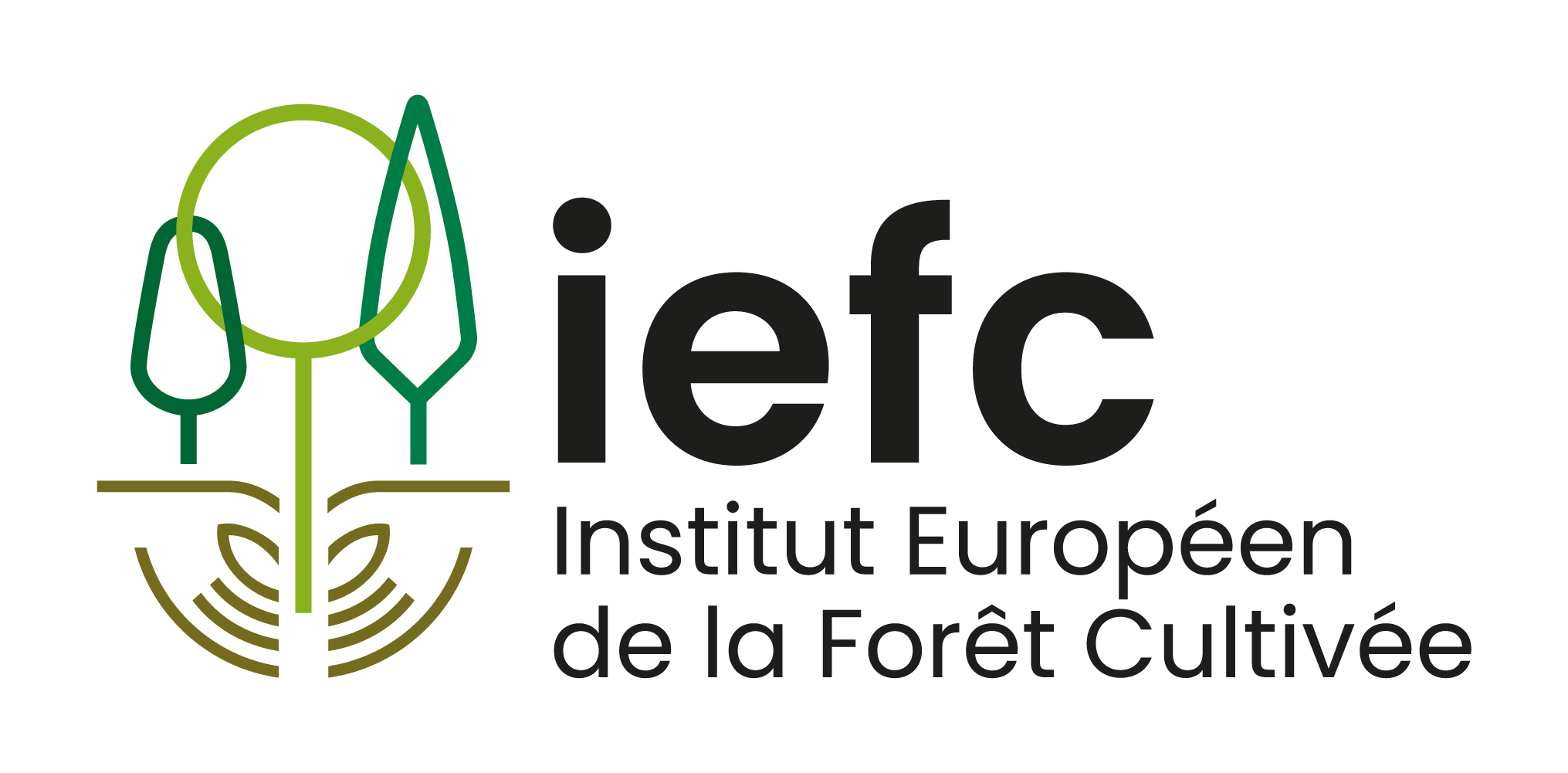Our Purpose
Experts, scientific studies and papers, policies and strategies keep stressing the huge potential and benefits of planted forests. As more and more planted forests are privately owned, forest owner and managers have to be taken into account. Indeed, private forest owners and managers as well as their forests and woodlands, are progressively coming under pressure from more stringent EU regulations, sustainable forest management rules, societal demands, coupled with the problems brought about by climate change such as increased threats from wind, fire, pests, and disease.
There is an increasing disconnect and lack of collaboration among the forest landowners / practitioners on the ground, and the researchers and policy makers. So much so that a lot of research being carried out is not reaching the ordinary practitioner in the forest.
Thus in planted forestry today never has there been more of a need to engage with forest owners or managers, to allay their fears, to incentivise their work, support their needs and requirements, and provide them with the information, tools, and practical help to maintain and grow planted forests. This engagement is crucial for them to realise their woodland’s and forest’s potential and provide the three pillars of sustainable forest management, namely the social, economic and environmental benefits of planted forests.
To this end, the IEFC with support from the national and regional governments and forest owners associations will continue to promote this unique close collaboration between the forest owners, researchers, and practitioners. This will ensure that the forest owners and managers get the necessary support, research, cutting edge information, and tools to facilitate and encourage them to continue to manage, this hugely important resource, their planted forests, into the future, while also taking into account the demands of the industry and markets that are becoming increasingly more demanding and diverse, within this new context of the bioeconomy, while preserving important ecosystem services such as climate change mitigation and biodiversity conservation.
The sustainable wood value chain is one of the forest value chains which, today, has to coexist with the non-wood forest products value chains and environmental services. In order for this coexistence to succeed, good governance will be critical for managing planted forests for their different values and ensuring the social, economic and environmental benefits from sustainable wood value chains.
It is therefore imperative that IEFC members provide cutting edge information, research and expertise to help the forest owners and managers in their understanding of these concepts and empower in them the necessary critical management skills to drive value chain sustainability.
A word from the CEO


Global change is increasing the risks and the diversity of threats (new insects introduced into containers, drought, fires, storms, etc.), requiring greater expertise and the need to capitalise on all experiences, including internationally and in the South. Because of these rapid changes a facilitator of the exchange of ideas, knowledge, data, models and tools on planted forests such as IEFC has an essential role to play.
Christophe Orazio Chief Executive Officer